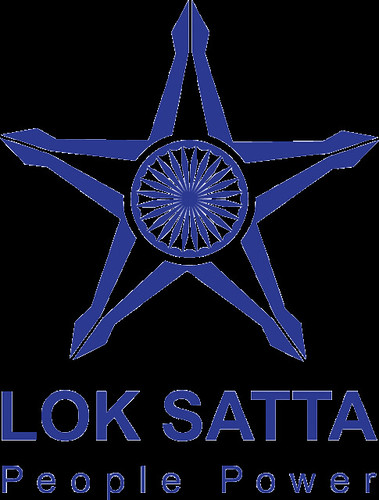Verification of Voters Lists in Sanathnagar Constituency
At the instance of the Chief Electoral Officer (CEO), Andhra Pradesh, Lok Satta had undertaken verification of electoral rolls of Sanathnagar Constituency. Sanathnagar Constituency consists of 185 polling stations in 174 locations.
Soft copy of the voters’ lists in the constituency (as on
The mother Rolls prepared as on
Though electoral rolls continue to be flawed, this situation has improved over the years thanks to Lok Satta’s advocacy and Election Commision’s efforts. But even now errors in voter registration are common and are also the most easily remediable of defects in our electoral process. Recent surveys by Janagraha in
A post office is available in every village, and is widely regarded as a user-friendly public institution. While this process of accessible and verifiable voter registration through the local post office involves simple and easy changes in procedures and rules, it will mark the most significant improvement in our electoral process at no additional cost. Even though a sizeable percentage of the voting population is illiterate, if electoral rolls can be made accessible (displayed) to citizens at all times for easy inspection in a neighbourhood facility, and are also available for sale at a reasonable price, then much of the problem can be corrected. This accessible and verifiable voter registration will enable the literate population, civil society groups, voluntary organizations, and local political activists to verify the process and check irregularities. The very openness and accessibility of the voter lists and statutory forms will make a marked difference to electoral registration, and improve the quality of electoral rolls.
While some progress has been made, post offices have not yet become permanent nodal agencies for voter registration. Lok Satta, many civil society organizations, and VOTEINDIA Campaign should focus on this simple goal in the coming months and ensure a permanent, local, accessible registration process through the more than 150,000 post offices in the country. Such a practise is successfully followed in several countries including the Untied States, Australia and

